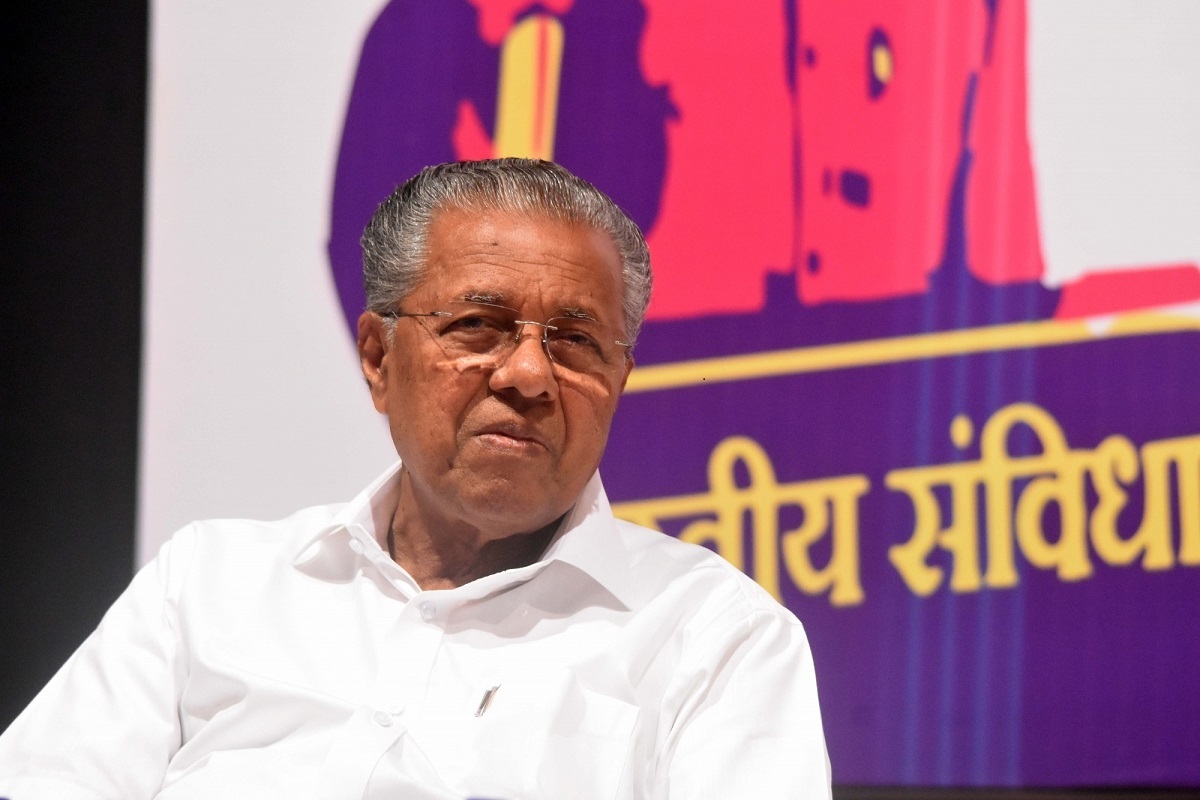From the much-awaited Malayalam Language Bill to the path-breaking Christian Cemeteries (Right to Burial of Corpse) Bill, Kerala Assembly has passed 109 significant legislations, in the last four and half years of the LDF government, before adjourning sine die on Friday.
The 14th Assembly convened for 232 days in 22 sessions after the Pinarayi Vijayan government came to power in 2016. The next assembly election is expected to be held in the southern state in April -May months.Amidst the eventful proceedings, the House witnessed the publishing of 275 Bills on divergent topics during the period. Of this, 109 legislations have been passed including87 government bills and 22 finance and appropriation bills. With this, the House had made a remarkable step in the area of law making, Speaker P Sreeramakrishnan on Friday said.
Advertisement
“The sessions of the 14th Assembly were quite fruitful and creative. Many issues which may have direct or indirect implications in the Kerala society have come for consideration of the House during these days,” he said.
Some among the significant laws passed by the 14th Assembly include Infrastructure Investment Fund (Amendment) Bill, Kerala Goods and Services Tax Bill, Maritime Board Bill, Metropolitan Transport Authority Bill, Farmers’ Welfare Fund Bill, Clinical Establishments (Registration and Regulation) Act, and so on. Recalling the important events during the sessions, the Speaker said the House, on May 25, 2017, had passed a resolution calling for the repeal of the Kerala Maritime Board Bill 2014, which was returned by the Governor.
The Governor denying nod for the Kerala Professional Colleges (Regularisation of of Admission in Medical Colleges) Bill, passed by the Assembly in 2018, had also become a significant episode in the state’s legislative history, he added.
Former Governor P Sathasivam addressed the 14th Kerala Assembly four times and delivered the government’s policy address while the present Governor Arif Mohammad Khan twice. The House also witnessed the untimely demise of seven of its 140 members during the tenure.
The first phase of the ambitious e-Assembly project, which aims to create a paperless House, began in the 18th session of the present Assembly.
Sreeramakrishnan said the passing of a complete state budget before the beginning of the new financial year was very rare in the history of the state assembly.
Usually, the full budget can only be passed at the end of the first four months of the financial year after the voteon- account is passed.











